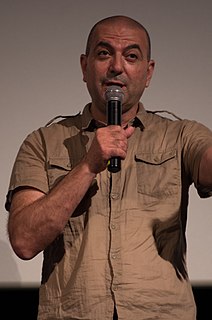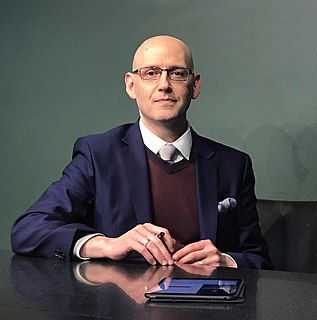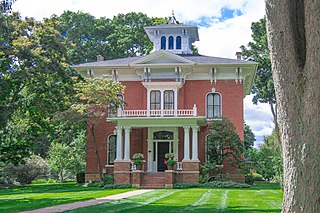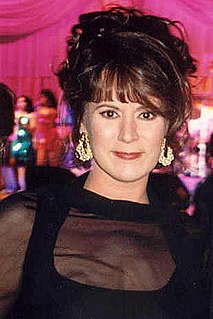A Quote by Nancy Kress
Conflict is the place where character and plot intersect.
Related Quotes
I like movies that deal with trapped men. Men that need to make choices that are not obvious or easy choices. Then how do you visualize this? You create this character conflicted between two sides, because drama is about the conflict of two things, between your duty and your will, between what you want and what you can't have. It is all conflict between two things, and this is why you put your character in a place where you can visualize the conflict.





































